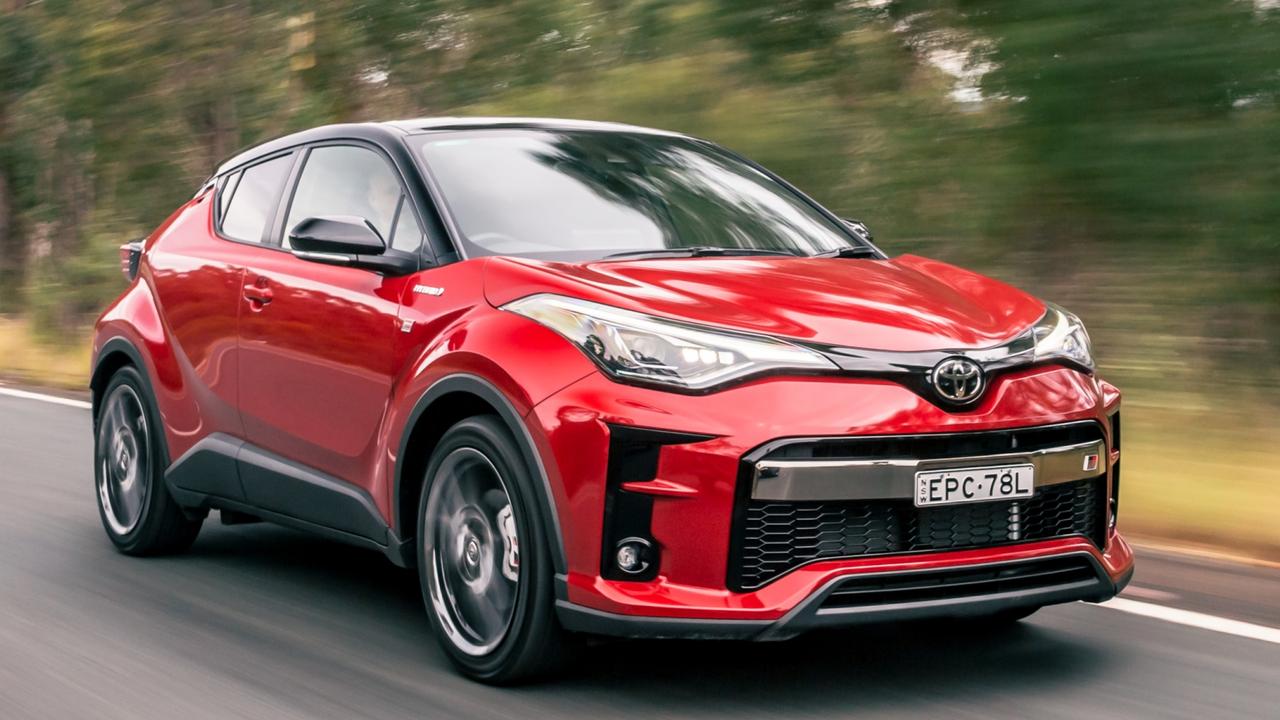7 Trends Daily
Stay updated with the latest insights and trends across various sectors.
Fueling a Revolution: Why Hybrid Cars are Here to Stay
Discover why hybrid cars are reshaping the future of driving and why they’re more than just a trend—join the revolution today!
The Future of Hybrid Vehicles: Key Technologies Driving Adoption
The future of hybrid vehicles looks promising as a blend of traditional internal combustion engines and electric propulsion continues to evolve. Key technologies driving their adoption include advancements in battery efficiency, energy management systems, and lightweight materials. Improved batteries not only enhance the vehicle's all-electric range but also reduce charging times, making hybrid vehicles more convenient for everyday use. With manufacturers investing heavily in research and development, we are likely to see major innovations that will further increase the appeal of hybrids to environmentally conscious consumers.
Another critical factor influencing the future of hybrid vehicles is the integration of smart technology. Features such as regenerative braking systems and AI-driven energy management can optimize fuel efficiency and overall performance. Moreover, the growing availability of charging infrastructure and government incentives supports a more extensive adoption of hybrid technology. As urban areas continue to push for reduced emissions and sustainable transport options, it's clear that hybrid vehicles will play a significant role in shaping the future of mobility.

5 Myths About Hybrid Cars Debunked
Hybrid cars have gained popularity over the years, but with that popularity comes a number of misconceptions. One of the most persistent myths about hybrid cars is that they are underpowered and lack performance. In reality, many hybrid models offer impressive acceleration and power. Hybrid technology combines a gasoline engine with an electric motor, providing both efficiency and performance. For instance, cars like the Toyota Prius and Honda Accord Hybrid can seamlessly switch between power sources, delivering a driving experience that is both thrilling and economical.
Another common myth is that maintaining a hybrid car is significantly more expensive than a traditional vehicle. While it is true that some hybrid components may be pricier to replace, overall maintenance costs can be lower due to fewer oil changes and less frequent brake repairs, thanks to regenerative braking. Additionally, many hybrids come with warranties that cover the battery for an extended period, easing concerns about potential expenses. Understanding these factors helps to debunk the myth that owning a hybrid vehicle is a financial burden rather than a savvy investment.
How Hybrid Cars Contribute to a Sustainable Environment
Hybrid cars play a significant role in promoting a more sustainable environment by reducing greenhouse gas emissions and improving fuel efficiency. By combining a conventional gasoline engine with an electric motor, these vehicles are designed to use less fuel and emit fewer pollutants than traditional cars. This not only helps decrease our carbon footprint but also lowers our reliance on fossil fuels, leading to cleaner air and a healthier ecosystem.
Moreover, hybrid cars often utilize regenerative braking, a technology that captures energy typically lost during braking and redirects it to recharge the vehicle's battery. This efficient energy management not only enhances the vehicle's performance but also maximizes fuel economy. As more consumers make the switch to hybrids, the cumulative effect can lead to substantial decreases in urban air pollution and a vital step toward achieving long-term sustainability goals.